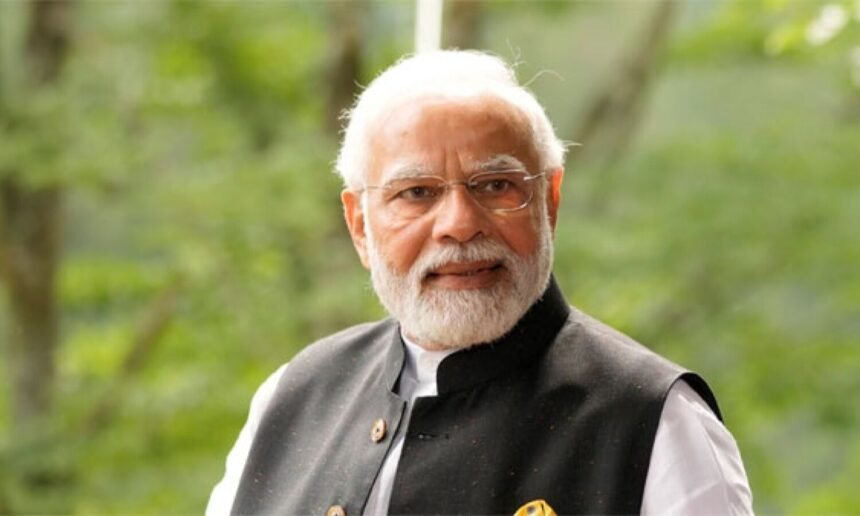Since assuming office in 2014, Prime Minister Narendra Modi’s government has been lauded by the Bharatiya Janata Party (BJP) for ushering in an era of “cultural rejuvenation” in India. The party has highlighted various initiatives, ranging from honoring unsung heroes of the freedom struggle to the construction of the Ram temple in Ayodhya, as significant achievements during this period.
On Monday, Union Minister Arjun Ram Meghwal, who serves as the junior minister in the cultural ministry, held a press conference to share the government’s accomplishments. One of the key achievements mentioned was the recovery of 231 stolen idols from different countries since 2014. In comparison, only 13 idols had been retrieved between the time of Independence and the BJP government coming into power nine years ago.
Minister Meghwal emphasized that this achievement showcased the speed and scale of the government’s work. The recovery of these stolen idols not only represents a restoration of India’s cultural heritage but also serves as a testament to the government’s commitment to preserving and promoting the country’s rich cultural legacy.
Under the leadership of Prime Minister Modi, the BJP has actively pursued initiatives to revive and celebrate India’s cultural heritage. One such notable effort has been the recognition and commemoration of unsung heroes of the freedom struggle. Through various schemes and programs, the government has sought to honor individuals who played significant roles in India’s fight for independence but remained unrecognized in the annals of history.
The construction of the Ram temple in Ayodhya has been another pivotal moment in India’s cultural rejuvenation. After a long-standing legal battle, the Supreme Court of India delivered a historic judgment in 2019, granting permission for the construction of the temple at the disputed site. The government’s commitment to realizing this long-awaited project has been viewed as a significant milestone in reaffirming India’s cultural identity.
The recovery of stolen idols from abroad is yet another achievement that highlights the government’s dedication to protecting India’s cultural heritage. These idols, which hold immense religious and historical significance, were illegally taken out of the country over the years. Through diplomatic efforts and cooperation with foreign governments, the BJP government has successfully brought back 231 of these stolen idols since 2014.
The retrieval of such a large number of stolen idols in a relatively short period is seen as unprecedented and indicative of the government’s proactive approach to cultural preservation. It also highlights the successful diplomatic engagements undertaken by the government to repatriate India’s stolen cultural treasures.
In addition to these efforts, the government has implemented various initiatives to promote and safeguard India’s diverse cultural traditions. Schemes such as “Ek Bharat Shreshtha Bharat” (One India Great India) have been launched to foster cultural exchange and unity among different states and regions. The “Namami Gange” program aims to restore and rejuvenate the River Ganges, which is considered sacred by millions of Indians.
Critics, however, argue that while the recovery of stolen idols is commendable, the government should prioritize issues such as poverty alleviation, healthcare, and education. They contend that a holistic development approach should encompass not only cultural preservation but also the well-being and upliftment of all citizens.
Nonetheless, the BJP remains steadfast in its commitment to promoting and reviving India’s cultural heritage. The recovery of stolen idols is viewed as a significant step towards reclaiming the nation’s historical treasures and reinstating India’s cultural eminence on the global stage. As the government continues its efforts in this direction, it remains to be seen how these initiatives will shape India’s cultural landscape in the years to come.




